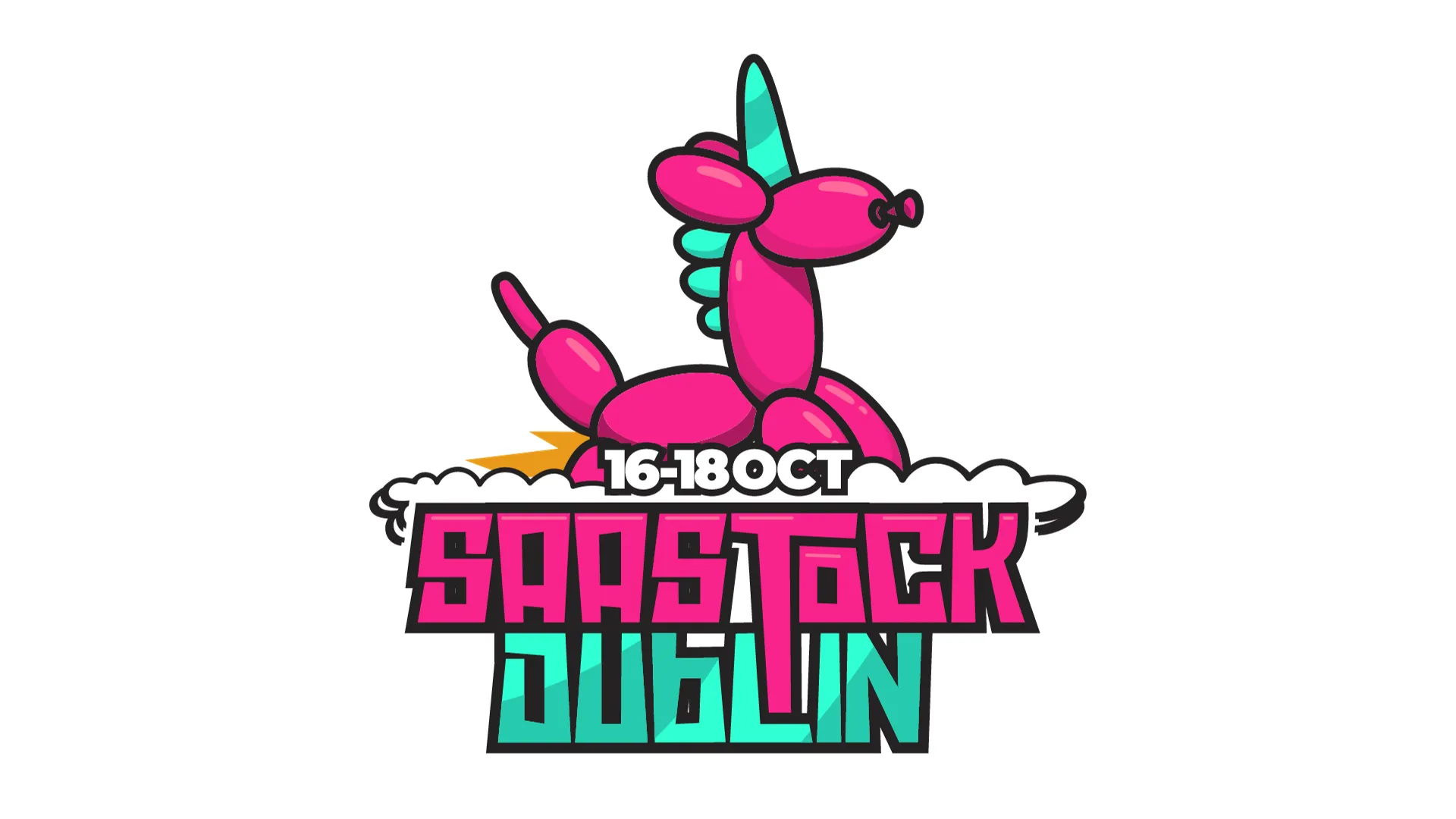60-Second Keyword-Rich Summary
Enterprise sales is the pinnacle of B2B selling - complex, lengthy, and high-value, but also incredibly rewarding. Unlike SMB deals, enterprise sales involve multiple stakeholders, longer sales cycles, and intricate organizational needs. Success requires building trust, identifying champions, and tailoring solutions to diverse decision-makers. Sales Leaders and Account Executives must refine strategies across four stages - Discovery, Diagnosis, Development, and Delivery - balancing technical, financial, and strategic messaging. To win, define a clear Ideal Customer Profile, sharpen your value proposition, conduct competitive analysis, and optimize your sales process for enterprise complexity. Equip your team with enterprise-ready tools such as Salesforce or HubSpot for CRM, PitchBook for market intelligence, trumpet for digital sales rooms, and Jiminny for conversation intelligence. These enable smarter prospecting, qualification frameworks like BANT, and data-driven coaching. By combining research, personalization, and the right technology stack, revenue teams can minimize risk, accelerate deal velocity, and consistently close enterprise accounts - securing both growth and competitive advantage.
---
The world of enterprise sales is high reward, but requires strategic manoeuvring, deep customer understanding, and the ability to navigate intricate decision-making processes.
For those who master the art, the payoff is substantial – long-term partnerships, significant and reliable revenue streams, and a reputation for excellence in your target market.
Understanding the enterprise sales landscape
Enterprise sales involve selling to large organizations with intricate needs and extensive buying committees. Deals are typically high-value, with longer sales cycles compared to the average business-to-business (B2B) transaction. Here are some key characteristics that differentiate enterprise sales from small to medium businesses and mid-market businesses:
Multiple stakeholders
Enterprise deals involve a network of decision-makers, from technical specialists to executives. As strategic decisions at these businesses often impact a larger number and spread of teams and departments, more departmental and geographical stakeholders are involved. It's crucial for you as a seller to correctly identify and engage with all stakeholders and ensure each one feels seen and prioritized.
Complex needs
Enterprise buyers have specific pain points and require solutions that integrate seamlessly into their existing infrastructure. Their tech stacks are often more substantial, interconnected and embedded into their workflows. Understanding their business goals and their current state of play in terms of people and tools is paramount.
Lengthy sales cycles
Enterprise deals can take months, even years, to close. With extra layers of approval and involvement from different departments, it’s a marathon, not a sprint. Patience, clear communication, and a well-defined sales process will increase your chances of getting to that long-awaited sale.
Strategic relationships
Enterprise sales are built on trust and long-term partnerships. Often sales in the enterprise market begin with referrals from other similarly sized businesses. Cultivating strong relationships with key decision-makers is central to success and future business development opportunities.

The benefits of enterprise sales
While enterprise sales can be complex and challenging, the rewards make it a highly attractive market for ambitious sales professionals and organizations. Pursuing enterprise clients offers plenty of benefits that can drive long-term growth and success.
- High-value deals. Enterprise sales typically involve high-value contracts and significant revenue opportunities. These larger deals can have a substantial impact on your bottom line, providing a stable and more reliable revenue stream. With enterprise clients, even a single closed deal can generate substantial revenue, making the investment in time and resources worthwhile.
- Long-term partnerships. Enterprise sales foster long-term partnerships built on trust and mutual understanding. Once a solution is implemented and integrated into an enterprise's systems and processes, there is a strong incentive for the client to maintain the relationship. This leads to recurring revenue opportunities through contract renewals, upsells, and cross-sells, as well as potential referrals and introductions to other enterprises within the same industry or network.
- Industry expertise and credibility. Working with enterprise clients allows you to develop deep industry knowledge and expertise. As you navigate these complex decision-making processes and address enterprise-level challenges, you gain invaluable insights into industry trends, best practices, and cutting-edge technologies. Over time, this expertise positions you as a thought leader, enhancing your credibility and positioning you as a trusted advisor in your respective markets.
- Competitive advantage. Successful enterprise sales strategies can create significant barriers to entry for competitors. Once a solution is deeply integrated into an enterprise's infrastructure and processes, it becomes challenging for competitors to displace the incumbent provider. This competitive advantage can lead to sustained revenue streams and a stronger market position.
- Brand recognition and reputation. Securing enterprise clients can significantly enhance a company's brand recognition and reputation within its industry. Landing high-profile enterprise accounts serves as a powerful endorsement of the company's capabilities and can attract further interest from other potential enterprise clients seeking proven and trusted solutions.
How to build a winning enterprise sales strategy - research first
A well-defined strategy forms the backbone of a successful sales campaign. And while creating a whole new strategy to attack the enterprise market will take time, it’s well worth the effort to recognize and respond to the new challenges you will face here.
Here are the key research stages to consider, before you jump in:
Step 1: Target market definition
Clearly identify your Ideal Customer Profile (ICP) in the enterprise market. Research industry trends, understand buyer personas, and define the specific challenges your solution addresses for large organizations. Use external and internal data sources, like your own call recordings with enterprise clients, to define your customers in this space.
Step 2: Value proposition development
Craft a compelling message that resonates with this target audience. Focus on the quantifiable benefits your solution delivers, aligning it with the enterprise's strategic objectives. ROI is a key decision maker for enterprise clients, as they part with larger amounts of money. Don’t be afraid to make your value proposition here quite different from your value proposition for smaller clients - as these often have very different priorities.
Step 3: Competitive analysis
Research your competitors in this market thoroughly. Identify their strengths and weaknesses, and consider how you can position your solution as the superior choice for enterprise needs. Consider what is already on offer in the market and, where possible, research the gaps.
Step 4: Sales process optimization
Establish a structured sales process that guides your team through prospecting, qualification, discovery, proposal development, negotiation, and closing - all with the knowledge these sales will likely be more lengthy and time-consuming than your SMB market. Use tools and technology to streamline where possible, but be sure to include that all-important human touch.

Prospecting and qualification in enterprise sales
Prospecting in enterprise sales requires a targeted approach. Strong industry connections, attending relevant conferences and events, and using social selling techniques will get you in front of key decision-makers. But to be recognized and remembered in these circles, you need to make an impression. So take the time to get clear on your business’s value proposition and your personal brand too.
Next up is prospect qualification. Employing a sales methodology or framework like BANT (Budget, Authority, Need, and Timeline) will help you assess if a prospect has the resources, decision-making power, genuine need for your solution, and a realistic timeline for implementation. Again, take time to create qualification criteria here that might be very different to those of your SMB and mid-market clients.
The four-stage enterprise sales process
The enterprise sales process can be broken down into four distinct stages, each requiring a specific approach:
Stage 1: Discovery
This initial phase involves thoroughly understanding the client's business, challenges, and goals. Active listening, probing questions, and insightful research are key to uncovering the prospect's needs, pain points, and decision-making criteria.
Positioning yourself as a trusted advisor and a knowledge expert in this stage will form an except foundation for the relationship. Get to understand the enterprise's specific challenges and offers valuable insights beyond just your product or service.
Stage 2: Diagnosis
Once you've grasped the client's situation, diagnose the root causes of their pain points and identify opportunities where your solution can create significant value.
Data-driven storytelling, backed up with evidence, case studies, and industry trends will expose the truth of the problem to be solved and showcase the value proposition and ROI your solution delivers.
Be open and honest in this stage, proactively anticipating potential objections and addressing concerns. Prepare clear, concise answers that demonstrate your solution's ability to address issues effectively.
Stage 3: Development
Collaboratively develop a customized solution that directly addresses the prospect's needs. This may involve product demonstrations, proof-of-concepts, and detailed proposals.
Enterprise deals involve navigating a complex web of stakeholders as budgets are increasingly scrutinized and buyers have to work harder to justify their buying decisions to more people.
Identifying key decision-makers and customizing the solution to them will strengthen your sale. Pinpoint the individuals who might hold influence throughout the buying process and consider how you can tailor your communication.
Messaging that resonates with each stakeholder's specific interests and concerns will make for a more impactful sell. A blanket approach just won’t work here - technical details might be crucial for CTOs or IT specialists, while financial benefits will hold greater weight for executives. All of these nuances are key to building relationships and creating internal champions.
Identifying and cultivating relationships with internal champions within the client organization strengthens your case - as these champions can continue to fight your corner in the conversations you’re not part of. These individuals will advocate for your solution and hopefully speed up the decision-making process.
Enterprise sales negotiations are often multi-layered. So when closing the deal, be prepared to discuss pricing, terms, contracts, and service level agreements (SLAs). Here are some key points to remember:
- Know your worth - thoroughly understand the value your solution delivers and be confident in its impact.
- Win-win mentality - negotiate with a collaborative spirit, aiming for a mutually beneficial outcome that satisfies both parties.
- Prepare for objections - anticipate potential pushback on pricing and be ready to present a well-reasoned counter offer.
Stage 4: Delivery
Seamless implementation and ongoing support are essential to ensure client satisfaction and build long-term relationships. Enterprise relationships evolve and deepen over the years, which is part of the reason they lock in for such long partnerships.
Open, two-way communication in the delivery will benefit both them and you, as you gain insights into enterprise clients and their evolving needs. This insight can inform future product or service development or alert you to opportunities or threats in the market, so they’re well worth pursuing.
Remember, revenue is never guaranteed - even with a client that has signed for the year. So if possible, involve both Sales and CS in this stage, particularly around renewal time, to maintain and build on the client relationship you have created.

Tools to support enterprise sales strategies
Like any business strategy, having the right tools can make a huge difference in your enterprise sales success. Here are a few of our favorites to streamline processes, provide valuable insights, and enhance collaboration when selling to enterprise clients.
Market intelligence and mapping tools - PitchBook
Tools like PitchBook's Market Map provide sales teams with valuable market intelligence and mapping capabilities tailored for enterprise sales. These tools aggregate data on companies, industries, and markets, allowing you to identify and research potential enterprise clients, analyze competitive landscapes, and gain insights into market trends and dynamics. Market mapping tools help sales teams develop targeted strategies, prioritize accounts, and position their offerings effectively within the enterprise market.
CRMs - HubSpot or Salesforce
CRM systems are indispensable for managing enterprise sales processes, serving as a centralized home for customer data, lead tracking, and deal management. Working with larger prospects and clients, you’ll need to organize and access customer information, track deal progress, and collaborate effectively. CRMs like HubSpot or Salesforce also offer advanced analytics and reporting capabilities, providing valuable insights into enterprise sales performance and pipeline health.
Conversation Intelligence Platform - Jiminny
Analyzing your sales conversations with enterprise clients provides valuable insights into the needs of the customers, informing your sales and Customer Success strategies. Using AI to transcribe and analyze call recordings, you can identify key moments, sentiment analysis, and coaching opportunities. By leveraging conversation intelligence, sales teams can enhance their skills, identify best practices, and make data-driven decisions to improve their enterprise sales strategies.
Digital sales rooms - trumpet
Digital sales room platforms like Trumpet provide a centralized, interactive space for enterprise sales teams to collaborate and engage with clients throughout the sales cycle. These platforms offer interactive product demos, content sharing, real-time annotations, and virtual whiteboards, so you can deliver dynamic and personalized sales experiences. Digital sales rooms can streamline the sales process, foster deeper client engagement, and provide a secure environment for sharing sensitive information and collaborating on proposals.
By leveraging these tools and technologies, enterprise sales teams can gain a competitive edge by streamlining processes, gaining valuable insights, and fostering effective collaboration throughout the sales cycle.
But remember, it's important to remember that tools should complement and enhance, not replace, the human element of enterprise sales strategies.





.webp)






